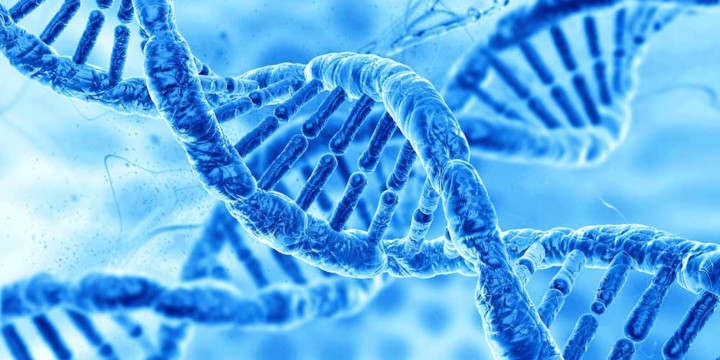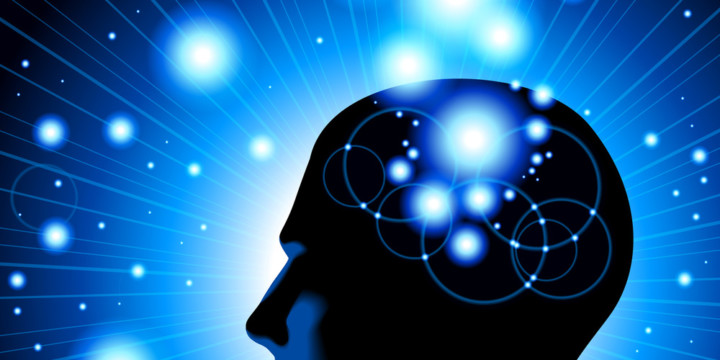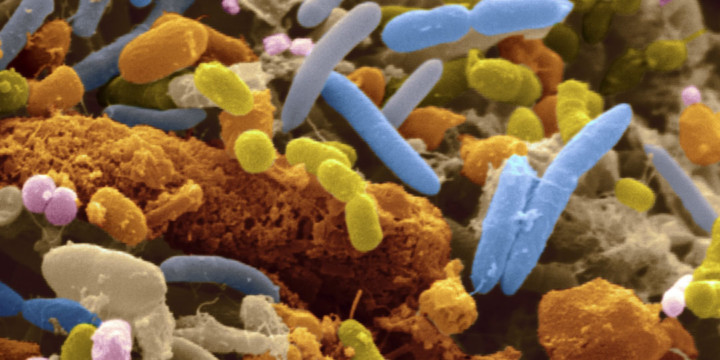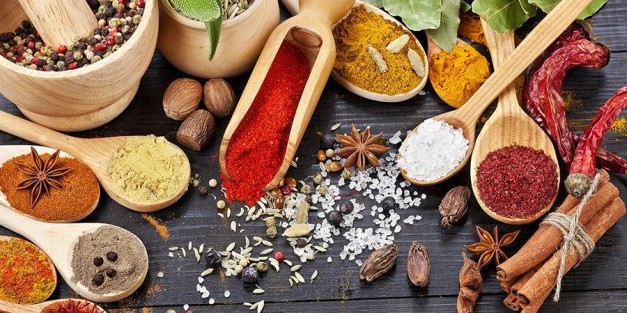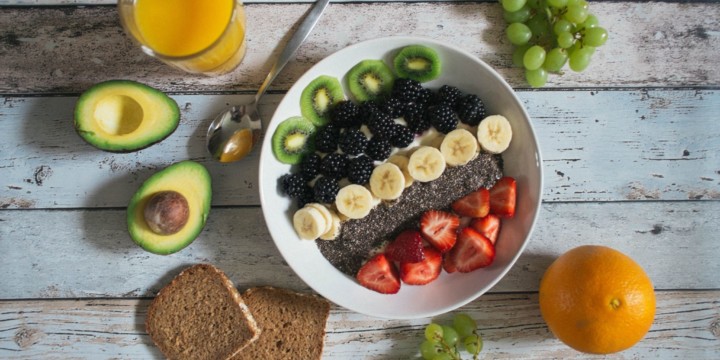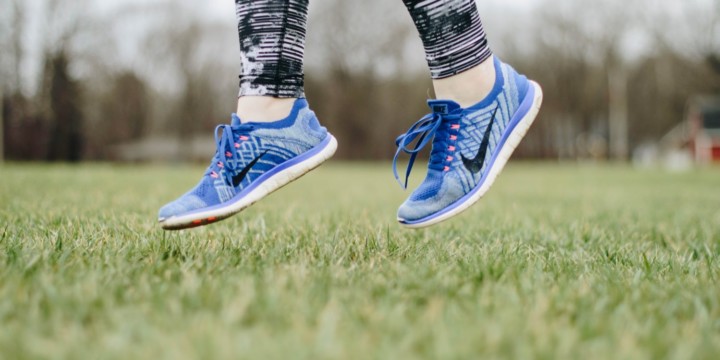Physiology of Coronary Vascular Disease (CVD)
Cardiovascular disease (CVD) is a general term for conditions affecting the heart or blood vessels. It is usually associated with deposition of fat or calcium called plaque on the inner walls of the arteries leading to a condition called atherosclerosis. This buildup of plaque narrows the arteries and reduces the supply of oxygen to the heart or other organs of the body such as the brain, kidneys, and eyes. It also increases the risk of blood clots. In a few cases, the buildup and resultant high blood pressure can cause arteries to dilate and rupture in a condition called aneurysm.
Types of Coronary Vascular Diseases
Coronary Heart Disease occurs when the supply of the oxygen-rich blood to the heart muscle is reduced or blocked. This condition can lead to
- Angina or chest pain caused by restricted blood flow to the heart.
- Heart Attacks where the blood supply is totally blocked.
Heart Failures where the heart is unable to pump enough blood depriving the body of oxygenated blood supply.
Transient Ischemic Attacks and Strokes occur when the blood supply to the brain is either temporarily or permanently disrupted.
Peripheral Arterial Disease occurs where there is a blockage in the arteries of the limbs.
Aortic Diseases affect the aorta, the largest blood vessel that supplies blood to the rest of the organs. Loss of elasticity, deposition of plaque and bulging of aorta resulting in an aneurysm are some of the conditions affecting aorta.
Symptoms
Cardiovascular disease symptoms manifest in a different way in men and women. For instance, men are more likely to have chest pain whereas women are more likely to face shortness of breath, nausea and extreme fatigue. Generally, a person is diagnosed with CVD only after the occurrence of a heart attack, angina, stroke or heart failure, therefore, it is important to watch out for symptoms such as
-
- Chest pain (angina)
- Shortness of breath
- Pain, numbness, weakness or coldness in your legs or arms if the blood vessels in those parts of your body are narrowed
- Pain in the neck, jaw, throat, upper abdomen or back
Causes of CVD
In the Allopathic system of medicine, no exact cause of occurrence of CVD is mentioned. It identifies risk factors that can contribute to CVD. Some of the risk factors are
- Obesity
- Diabetes
- High Blood Pressure
- High Cholesterol
- Sedentary lifestyle
- Smoking
- Age and ethnicity
- Family history
Treatment of CVD in Allopathy
The treatment of CVD revolves around lifestyle changes, medication, and surgical interventions depending on the severity of the condition.
CVD and Ayurveda
In Ayurveda, heart not the brain is considered to be the seat of consciousness. Heart diseases reflect deep-seated issues of identity, feeling, and consciousness. Instead of just addressing the symptoms, Ayurveda aims at striking the very root of the disease by following the holistic approach. It is now proven that the blockages can be reversed by following a proper diet, herbs, lifestyle, yoga and meditation and the need for angioplasty and other surgical intervention can be minimized. Ayurveda distinguishes different coronary diseases based on the imbalance of Vata, Pitta and Kapha and the combination of these three doshas. Kapha imbalance manifest in the form of the buildup of plaques, Pitta imbalance is largely attributed to high blood pressure and Vata imbalance is responsible for drying out of tissues and hardening of the blood vessels.
Treatment in Ayurveda
Ayurveda treatment aims at strengthening the heart, opening the circulation system, reducing inflammation, improving digestion and metabolism and strengthening the immunity. Ayurveda has many herbs in its repertoire to treat various heart conditions such as Arjuna, Ashwagandha, Elecampane, Salvia, Guggul, Myrrh, Saffron, Shilajit, Licorice etc. Arjuna, for instance, stimulates blood circulation, strengthens the heart muscle, stops bleeding and promotes the healing of tissues. Elecampane is useful in checking high cholesterol and alleviates heart pain. Salvia improves circulation, strengthens the heart and relieves angina pain. It is a natural blood thinner. Myrrh and Guggul are useful for cleansing the blood, clearing cholesterol and improving the circulation.
Besides herbs spices like ginger, cardamom and cinnamon possess circulatory stimulant properties.
The holistic approach of Ayurveda aimed at not only treating the disease but also strengthening the system. Since each individual is different it is important to understand the root cause of disease and address it under the care and supervision of the trained practitioners.
CVD and Naturopathy
Naturopathy approach to managing cardiovascular diseases related to diet correction, the inclusion of certain food items, moderate exercise prescription, and water treatment.
Treatment in Naturopathy
The fundamental conditioning factor in all heart diseases is the diet. A corrective diet designed to alter body chemistry and improve the quality of general nutritional intake can, in many cases, reverse the degenerative changes which have occurred in the heart and the blood vessels. The diet should consist of natural organic foods with the emphasis on whole grains, seeds, fresh fruits, and vegetables. The essential fatty acids that reduce serum cholesterol levels and minimize the risk of atherosclerosis such as sunflower seed oil, corn oil and safflower oil to be included in the diet. Garlic, alfalfa, and yogurt are also effective in reducing cholesterol. Lecithin helps prevent fatty deposits in arteries. Fruits like apple, grapes, pineapples, oranges, custard apple, pomegranate and coconut water tone up the heart. Grapes are effective in heart pain and palpitation of the heart and the disease can be rapidly controlled if the patient adopts an exclusive grape diet for a few days.
Patients with heart disease should also increase their intake of food rich in vitamin E as this vitamin promotes the functioning of heart by improving oxygenation of the cells. Vitamin B is also important for heart and circulatory disorders. Vitamin C protects against spontaneous breaches in capillary walls which can lead to heart attacks.
The use of an ice bag on the spinal area between the second and tenth thoracic vertebrae for 30 minutes three times a week, a hot compress applied to the left side of the neck for 30 minutes every alternate day and massage of the abdomen and upper back muscles are water treatments which are beneficial in cases of cardiovascular diseases.
Hot foot and hand baths are excellent for relieving the pain of angina pectoris. To this may be added hot packs in the chest over the heart for one minute and a cold pack applied alternately for five minutes.
Asanas such as Shavasana (corpse pose), Vajrasana (kneeling pose) and Gomukhasana, (cow face pose) yogic kriyas like jalneti and pranayamas such as Shitali, Sitkari, and bhramari are also helpful in providing relief to heart patients.
Coronary Vascular Disease and Homeopathy
The coronary vascular disease is a condition of the arteries supplying blood to the walls of the heart. The walls of these arteries harden due to a number of reasons and lead to symptoms of angina, numbness and tingling in the arm and a constriction pressure in the chest.
Homeopathy plays a significant role in the management of acute attack of angina as well as a long-term management of coronary vascular diseases. In a few studies conducted upon the effect of homeopathic medicines on heart conditions, it was found that homeopathic remedies are as effective as ACE inhibitors and diuretics.
Treatment of Coronary Vascular Disease under Homeopathy
Angina pectoris is an acute symptom that is treated effectively by homeopathic remedies. It must be borne in mind that angina is a warning signal of serious underlying issues of the heart. These issues need to be addressed in a different manner.
Homeopathy approaches every case in an individualistic manner. Each case of angina is different and requires a different remedy which is chosen after a careful and detailed history-taking.
Angina results due to blocking of the arteries supplying blood to the heart. This block is due to build-of cholesterol plaques in the walls of the arteries. It is the result of lifestyle choices, poor dietary habits or other comorbid diseases like diabetes mellitus, obesity, and hypertension.
Treating the cause of atherosclerosis is equally important. A homeopath would label this as a ‘chronic disease’ and would prescribe a ‘constitutional remedy’. A constitutional remedy is one that is chosen after a detailed analysis and evaluation of the case by taking into consideration several factors like age, sex, genetic predisposition, comorbid diseases, lifestyle and habits, dietary preferences, season affections and the person’s personality and temperament.
Some of the remedies that have a strong action upon the heart and are extremely useful in angina are listed below.
- Digitalis– This remedy is indicated when the person complains of an uneasy feeling in his chest. The uneasiness does not amount to real pain though. His pulse is extremely weak and he shows marked cyanosis all over. The person is quite scared to move around due to the fear that any motion will make his heart stop entirely.
- Cactus Grandiflorus– Cactus is the most suited remedy for an acute attack of angina as it shows all the classical symptoms. The person complains of a severe constricting pain around his heart. The pain is so severe that he feels his heart is gripped with an iron hand and he is hardly able to breathe. The pain in his heart radiates to his chest and back. The entire left arm is numb and has a tingling and pricking sensation.
- Amyl Nitrosum– Amyl nitrosum is indicated when the person has a sense of foreboding, an anxiety that something bad is going to happen. His face is flushed red and he complains that he feels that all the blood has gone to the brain. There is a constricting feeling in the chest. Palpitations can be felt with the slightest excitement.
- Lachesis– Lachesis has a marked action on the heart. The entire left side of the body is extremely sensitive. The person cannot bear to sleep on the left. He feels constricted and wants to loosen all his clothing. The pain in his chest usually comes at night. The constriction is so severe that the person wakes up from sleep breathless and cannot go back to sleep again.
- Spigelia- Spigelia is another well-indicated remedy for heart conditions. The characteristic symptom found in Spigelia is the worsening of complaints by the slightest motion of the hand. Moving the hand ever so lightly causes severe pain to shoot from the chest to the back, along the left arm all the way down to the little finger. The pulse is feeble and a purring sensation can be felt if a hand is placed over the heart. The heart beats are also audible.
Coronary vascular disease is a condition that is better prevented than treated. Simple changes like an active lifestyle, clean eating habits and stress management go a long way in preventing and also treating this condition.

